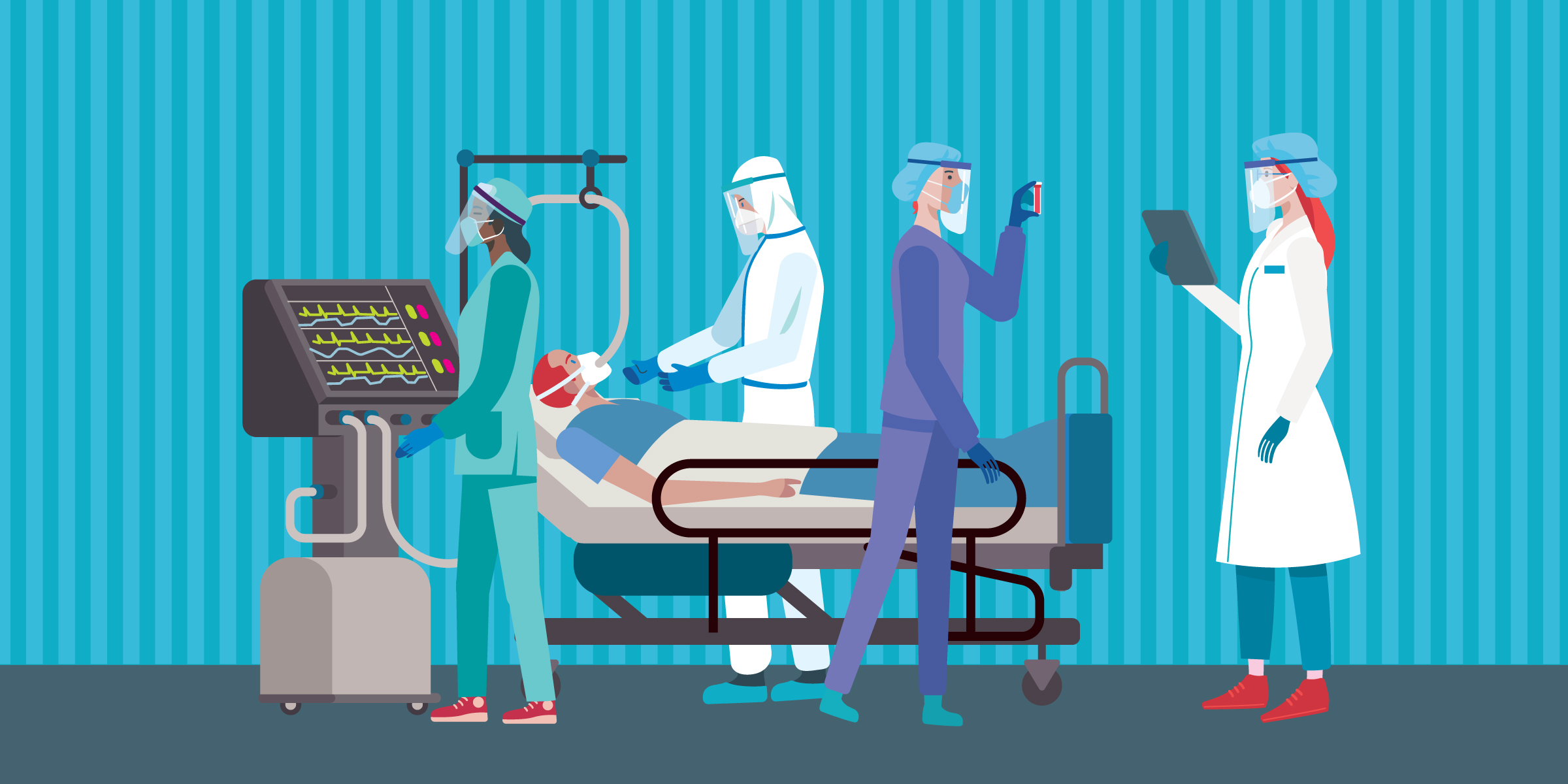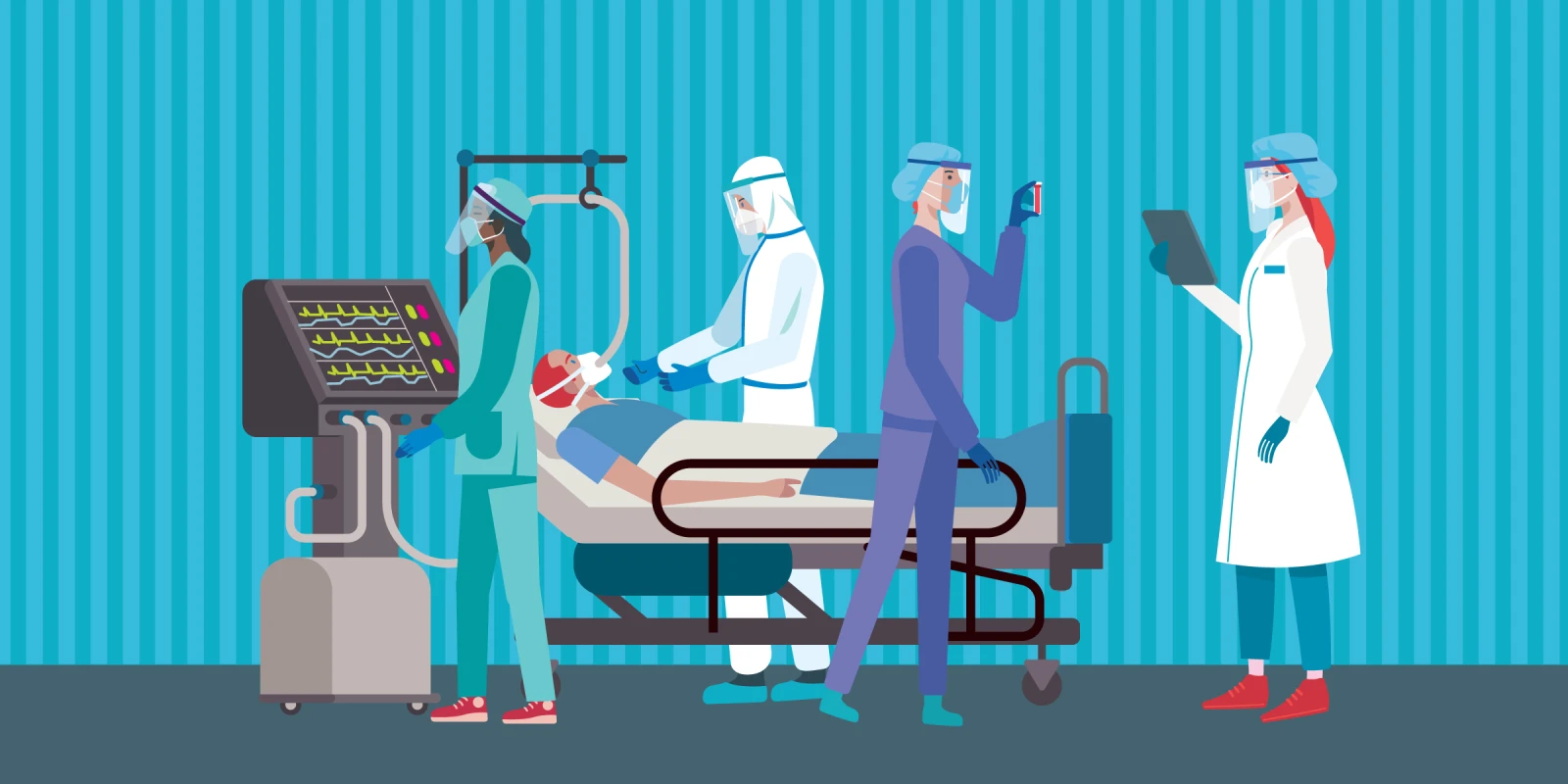
“If you were to ever apply to my physician group, I would never hire you,” the surgeon said to me. It was January 2005. Then-Harvard University President Larry Summers had recently come under fire for suggesting that women’s aptitude for higher-level math and science was less than that of men. I was an undergraduate student and in the midst of an externship at a Boston-area hospital, and the surgeon was referring to the possibility that I (or any other woman) would need to take maternity leave at some point and thus potentially detract from the group’s bottom line.
Fortunately, the surgeon’s and Dr. Summers’ comments did nothing to deter my career aspirations, probably in large part due to my upbringing. My sister and I are daughters of two hardworking and supportive parents who raised us to believe that no gender barriers exist and that there wasn’t anything we couldn’t accomplish. We each earned doctorate degrees — becoming a doctor and a lawyer — which was certainly a testament to the values with which we were raised.
Since becoming a doctor, my identity has been inextricably tied to my profession. I have always enjoyed helping others; being a physician allows me to do this on a personal scale at moments when humans are perhaps at their most vulnerable. I am the only physician in my family, and while it is occasionally irking to be asked a medical question over an amiable holiday meal, secretly I am pleased that I have a ready answer for most of my relatives’ questions.
Fifteen years after my externship experience and nearly four years after our country came oh-so-close to electing its first female President, gender bias continues to be a persistent problem in medicine and female physicians continue to be paid less than their male counterparts. But with the onset of COVID-19 came the call: all health care workers on deck. There are patients to take care of. This is what we signed up for and what we love to do. Undeterred by any perceived barriers, past or present, my colleagues and I continued to show up for work and to take in stride the many changes that occurred around us. And, in fact, women — including those in health care — have become more essential to running the country during this crisis than at any time in the recent past, and women work one in three jobs that are considered essential.
And thus of all the themes in health care that this pandemic has revealed, perhaps the intelligence, strength, and leadership of female providers have been one of its brightest lights. Not long after COVID-19 cases in Maryland began rising, our hospital division’s all-female nurse practitioner group decided to increase their hours to help take care of our greater patient volume. Our female nursing leadership proved critical in transitioning from two to three intensive care unit services (one that was specifically devoted to caring for COVID-19 patients). On social media, I have been inspired by women nurses and doctors all over the country and world who have risen to this challenge and continue to tirelessly take care of patients. As the White House Coronavirus Response Coordinator, Dr. Deborah Birx has consistently conveyed an intelligent, confident, and typically reassuring presence to the US public. I have never been prouder to be a woman physician.
I would be remiss in this discussion of female leadership if I didn’t mention that countries led by women have demonstrated positive trends in combating the novel coronavirus; there is some thinking that women’s desire for a well-rounded outlook on the crisis as well as potentially more cautious, risk-averse approaches may have been what has led to far fewer COVID-19-related deaths in countries such as Germany, New Zealand, and Finland. Or that the First Lady of Maryland, Yumi Hogan, was instrumental in securing valuable COVID-19 testing kits for her state’s residents from her native South Korea.
2020 has brought with it a new decade and a unique challenge to the health care system. My hope is that the silver lining of the COVID-19 pandemic is that it has helped to negate biases and empowered women all over the globe. Women, including those in health care, have shown great leadership in meeting this formidable challenge. Let’s learn from their examples so that we may be better prepared to fight similar crises that may arise in the future.
Dr. Nelson is a neurointensivist at Johns Hopkins as well as a fiance, daughter, sister, and public health advocate. She has received grant funding from the Brain Aneurysm Foundation and personal fees from Springer Nature.
Click here to see more perspectives on COVID-19 from the Doximity network.
Click here for up-to-date news about COVID-19 on Doximity.







